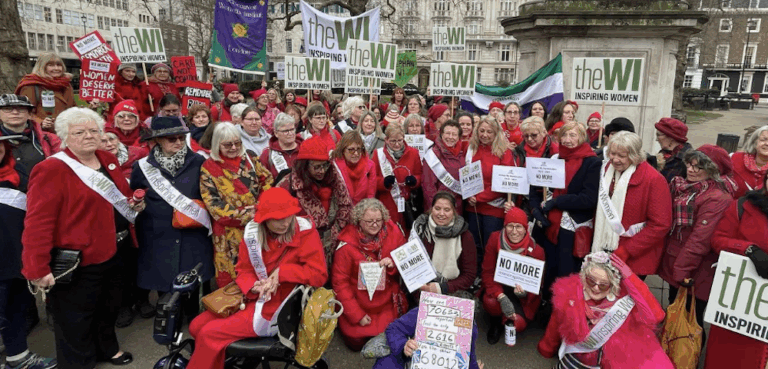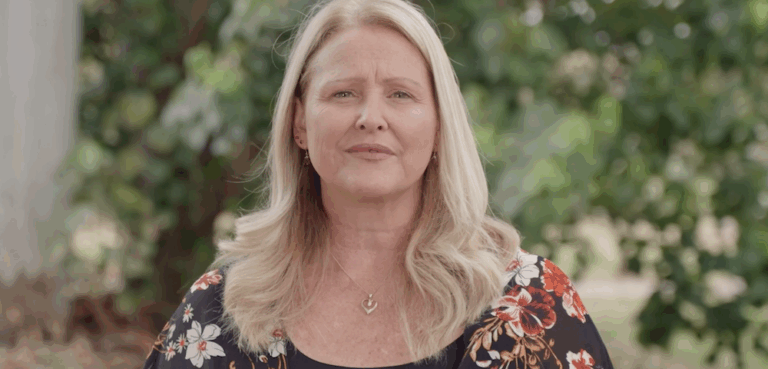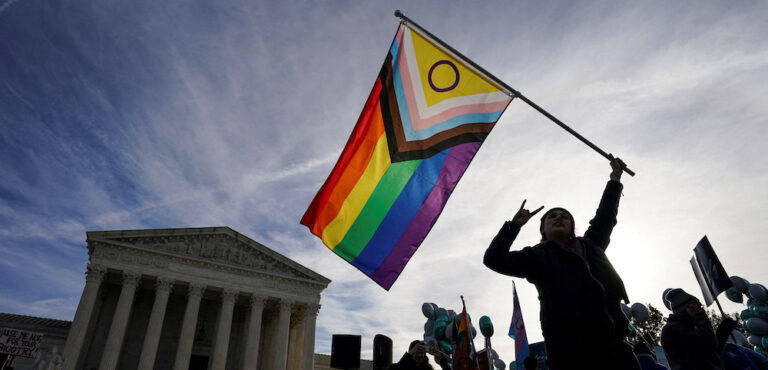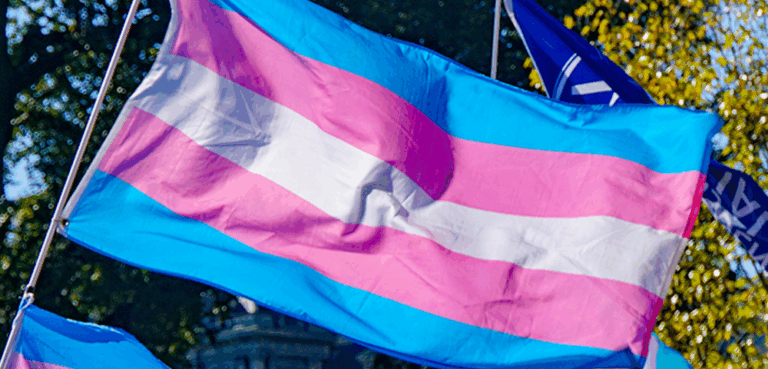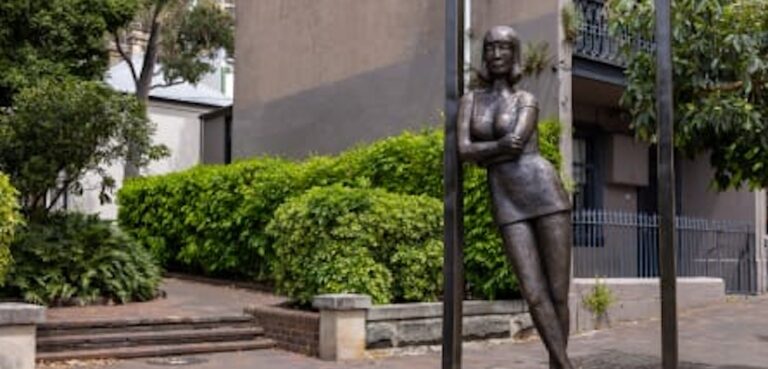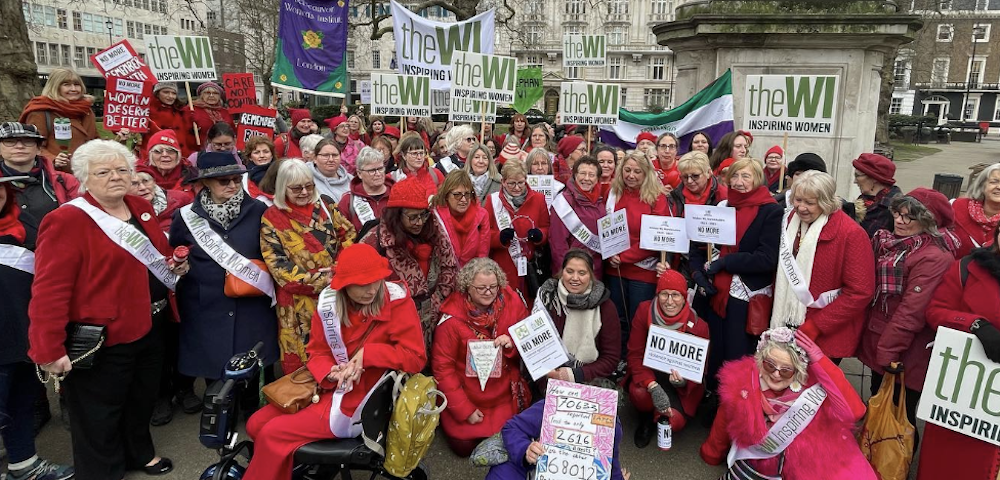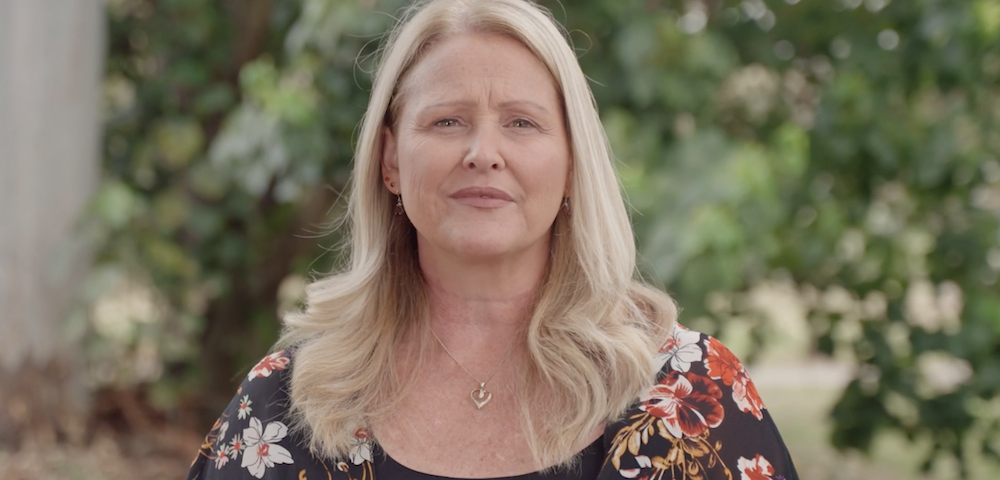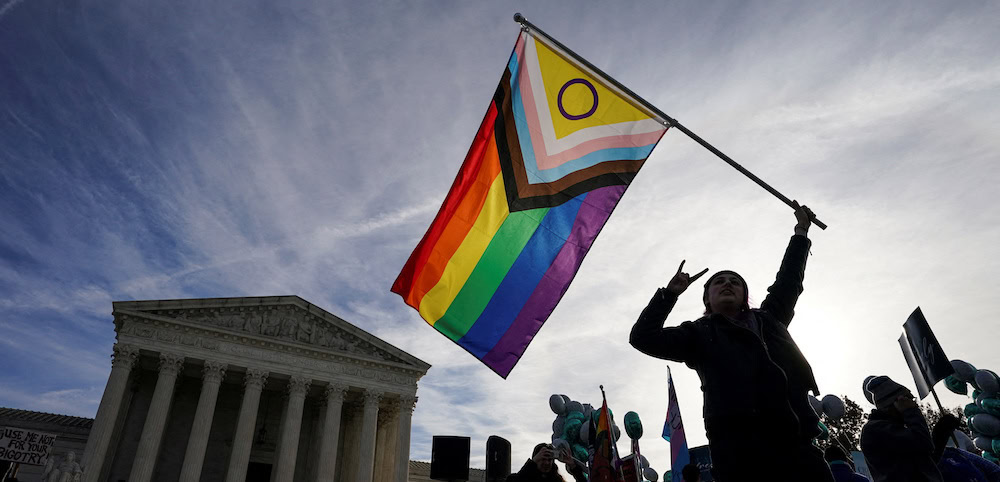
Five hundred European LGBTI organisations call for the decriminalisation of sex work
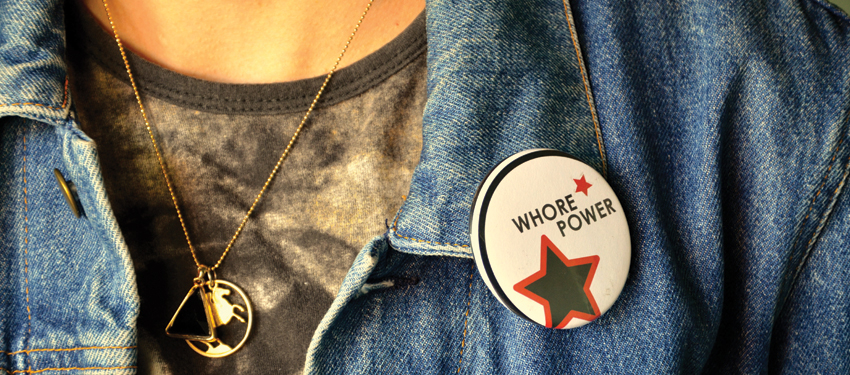
A network of 500 LGBTI organisations in Europe have released a position paper calling for the decriminalisation of sex work.
ILGA-Europe, the European region of the International Lesbian, Gay, Bisexual, Trans, and Intersex Association, last week released the paper, titled ‘Empowering LGBTI sex workers towards the full respect of their fundamental rights‘.
The paper explains that LGBTI people may choose sex work for many reasons, ranging from “personal motivations” to discrimination and exclusion from other work.
Within Europe and Central Asia, trans people in particular often choose sex work because they are unable to secure mainstream work due to prejudice.
The paper highlights the human rights violations and violence that face many LGBTI sex workers.
Notably, 88 per cent of murdered trans people in Europe are sex workers.
“Sex workers of all sexual orientations, gender identities and sex characteristics face serious human rights violations and violence,” the paper reads.
“While it is clear that the majority of sex workers are women, as an LGBTI organisation, it is our role to give visibility and to speak out about the high number of LGBTI people in sex work and their specific vulnerability and needs.”
The paper identifies decriminalisation of all aspects of sex work as key to improving conditions and safety for sex workers.
Under criminalised frameworks, sex workers are less able to seek police help in circumstances such as abuse, and less able to assertively negotiate with clients on matters such as condom use.
The authors call on policy-makers and stakeholders to “listen to the voices of LGBTI sex workers, to meaningfully involve them in the elaboration of all policies affecting them, and to speak out in support of the full decriminalisation of sex work”.
In Australia, many sex workers are LGBTI, though this is difficult to quantify.
While most are cis women (including some who are queer), approximately 20 per cent are estimated to be cis men and trans people, with one in five queer men having had sex for money.
Sex work is decriminalised in New South Wales, but remains criminalised to varying extents in other states and territories.
Workers in states where sex work is regulated by police frequently report that they do not feel safe reaching out to the police when they need help.
“We should be working through an occupational health and safety lens rather than a criminal justice lens,” said Jules Kim of national sex worker organisation Scarlet Alliance.
“Because our work is currently being regulated within a criminal justice framework, there are limited avenues for us to pursue workplace rights, and crimes against us aren’t taken seriously.”
Advocacy groups continue to lobby for full decriminalisation of sex work throughout Australia.
